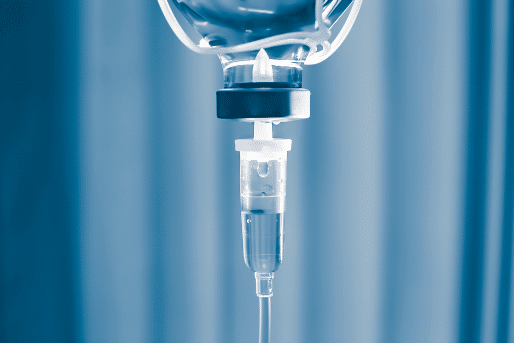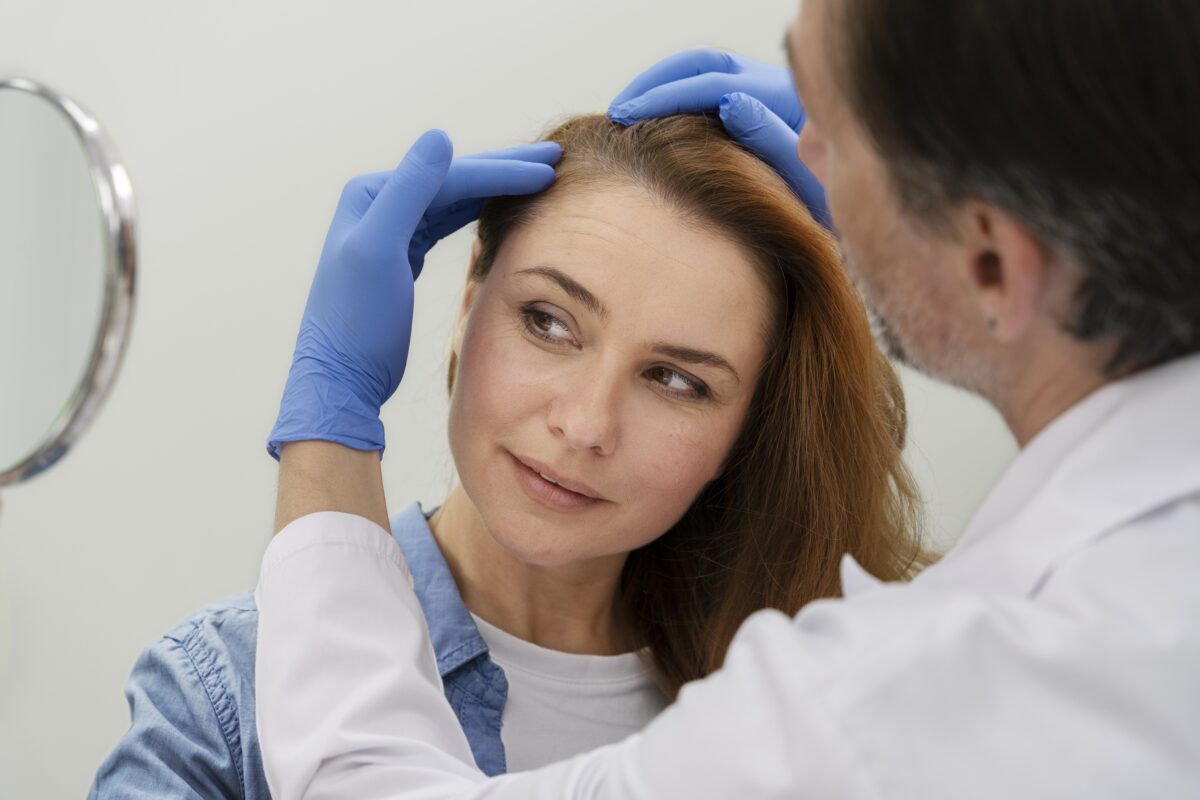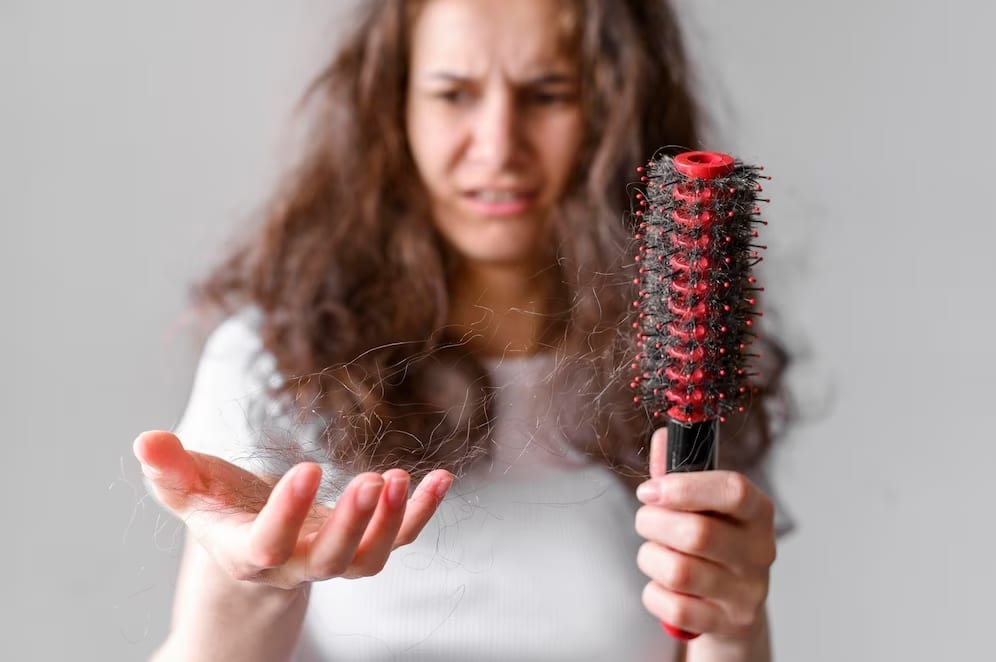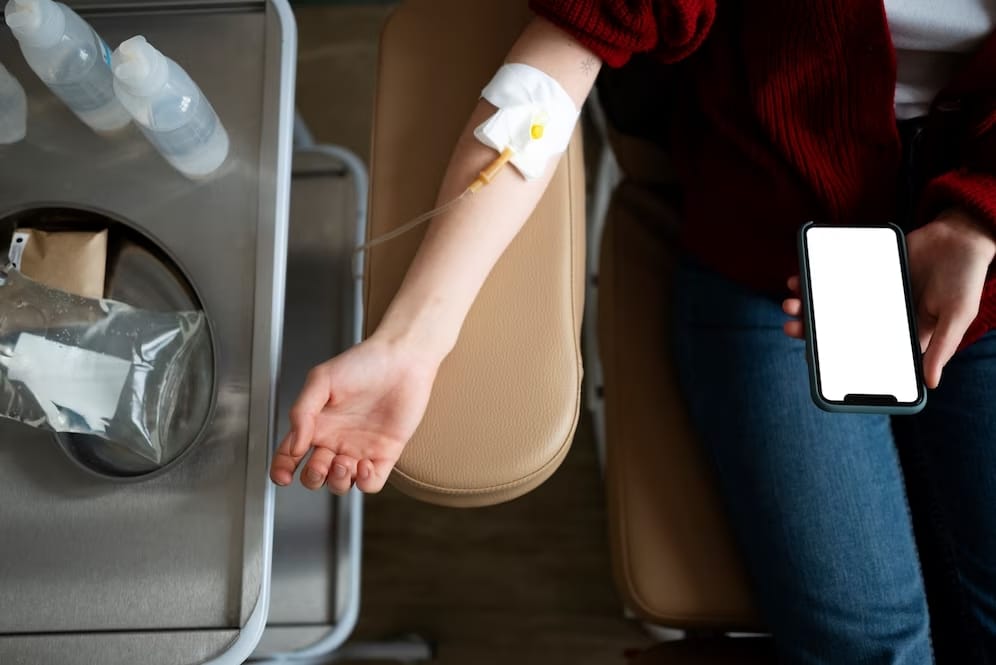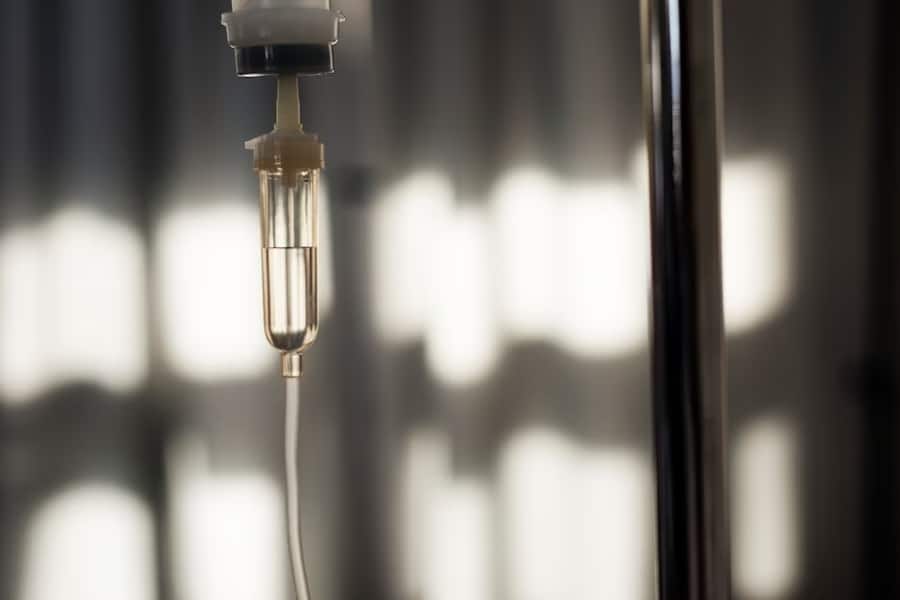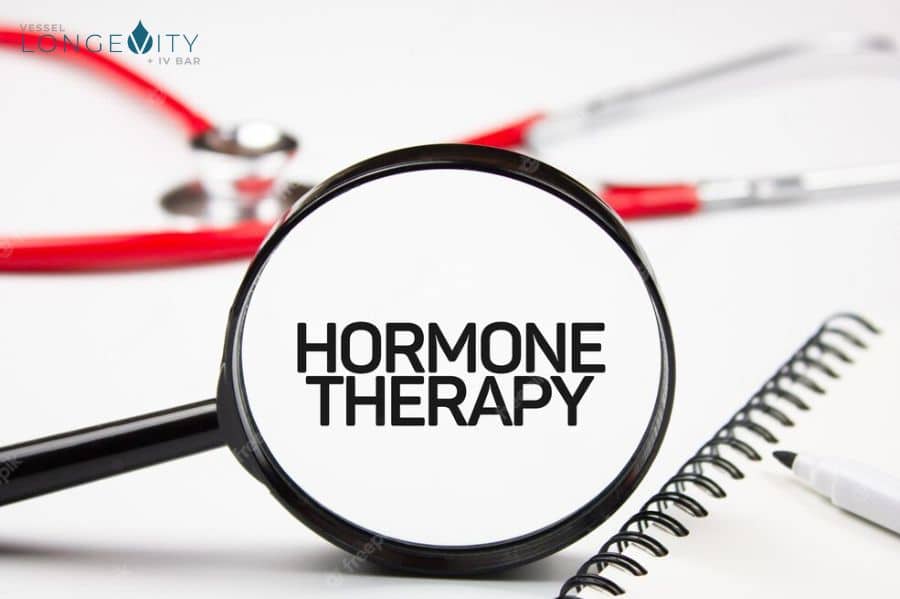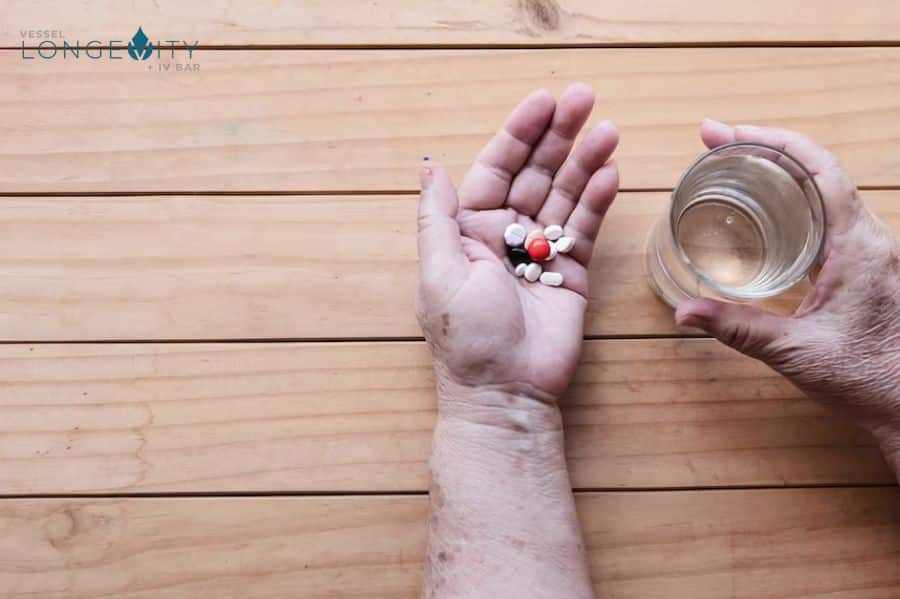What is an IV Bar?
Welcome to the emerging world of wellness and personalized health solutions, where the traditional clinic setting transforms into a space of relaxation and rejuvenation. Dive into the innovative concept of an IV bar—a modern twist on healthcare that combines the medicinal benefits of intravenous therapy with the comfort of a spa-like environment. This product is specifically designed to provide a combination of vitamins, minerals, and hydration directly into your bloodstream. Whether you’re a fitness enthusiast, a busy professional, or someone looking to optimize your health, understanding the allure of the IV bar is essential. So, kick back, imagine your body receiving a direct infusion of vitality, and continue reading to uncover how this health trend could be more than just a quick fix but a pivotal addition to your wellness routine.
Defining IV Bars
IV bars represent a novel approach to wellness, blending healthcare expertise with a luxury spa’s ambiance. Unlike traditional medical treatments, which can often feel sterile and impersonal, IV bars are designed to offer a more inviting and comfortable environment. This innovative concept democratizes access to treatments typically reserved for the hospital setting and emphasizes preventive care. At an IV bar, clients can receive a variety of intravenous fluids that contain vitamins, minerals, and other health-boosting compounds tailored to their specific health needs and lifestyle goals. This accessibility to personalized care is what sets IV bars apart, making it a favored choice for those invested in maintaining peak wellness in a relaxed setting.
The Science Behind IV Therapy
Understanding Intravenous Administration
Intravenous administration, the method used at IV bars, allows nutrients to bypass the digestive system and go directly into the bloodstream, providing faster and more effective absorption. This method particularly benefits individuals whose digestive systems may not absorb nutrients efficiently due to health issues or age. The direct delivery system of IV therapy ensures that cells receive the nutrients they need to function optimally, leading to immediate and noticeable effects. This scientific foundation supports why IV therapy can be an effective tool for rapid hydration, nutrient supplementation, and overall health enhancement.
Services Provided by IV Bars
A. Hydration Therapy
Hydration therapy is a cornerstone service offered at IV bars, designed to quickly combat dehydration by replenishing fluid levels directly into the bloodstream. This service is particularly beneficial for athletes, those recovering from illness, or anyone who has endured prolonged exposure to heat and needs rapid rehydration.
B. Vitamin and Nutrient Infusions
Vitamin and nutrient infusions are tailored to meet the unique wellness needs of each client, addressing deficiencies and boosting levels of essential nutrients. Clients can choose from a range of vitamins such as Vitamin C, B vitamins, and Vitamin D, which are mixed into saline solutions and administered intravenously.
C. Targeted Treatments for Specific Needs
Targeted treatments are developed for specific wellness goals, such as boosting energy, improving skin health, or supporting immune function. These specialized cocktails can also assist with recovery from jet lag, sports performance, or even hangover relief.
The Experience of Visiting an IV Bar
A. The Process of Receiving IV Therapy
The process of receiving IV therapy at an IV bar begins with a consultation to assess the client’s health and wellness goals. A trained professional then selects the appropriate nutrient cocktail. The administration itself is a relaxing experience, where clients can sit comfortably while nutrients are infused, typically taking about 30 to 45 minutes.
B. Safety Measures and Professional Oversight
Safety is paramount in IV bars, where treatments are administered by licensed healthcare professionals, including nurses or paramedics. These experts ensure that the therapy is delivered safely and effectively, adhering to strict health and safety protocols.
Common Ingredients in IV Cocktails
A. Vitamins and Minerals
The cocktails typically include a mix of essential vitamins and minerals that support a range of bodily functions. For example, magnesium for muscle function, calcium for bone health, and zinc for immune support.
B. Amino Acids and Antioxidants
Amino acids, the building blocks of proteins, support muscle recovery and growth, while antioxidants help combat oxidative stress, promoting overall cellular health.
Potential Benefits of IV Therapy
A. Boosting Immune System
IV therapy can enhance immune health by delivering high doses of Vitamin C and other nutrients directly into the bloodstream, which might help prevent and fight infections more effectively.
B. Enhancing Physical Performance
Athletes may find IV therapy beneficial for both preparation and recovery from intense physical activities. It helps in rapid muscle recovery, reduces fatigue, and replenishes essential nutrients lost during exercise.
C. Promoting Overall Wellness
Regular sessions can contribute to better hydration, enhanced energy levels, and improved overall health, thereby enhancing quality of life and wellness.
Conclusion
Summary of IV Bar Effectiveness
IV bars have gained popularity for their ability to deliver high concentrations of essential nutrients directly into the bloodstream, ensuring immediate and effective absorption. This method surpasses the limitations of oral supplementation, which can be compromised by poor digestive absorption. IV bars provide tailored nutrient cocktails that address specific health goals, such as enhancing hydration, boosting immune function, and increasing energy levels, all within a comfortable and time-efficient setting. The personalized care and ability to quickly replenish the body’s needs make IV therapy at IV bars an efficient solution for improving overall wellness and supporting long-term health objectives.
For those looking to explore the benefits of IV therapy, consider visiting Vessel Longevity or IV Bar ATX. Whether you’re aiming to boost your immune system, enhance your physical performance, or simply give your body the nutrients it craves, our customized IV therapies are designed to meet your unique health needs. Experience the rejuvenating power of IV therapy in a relaxing, spa-like environment. Visit Vessel Longevity and IV Bar ATX and transform your approach to health and vitality today.

